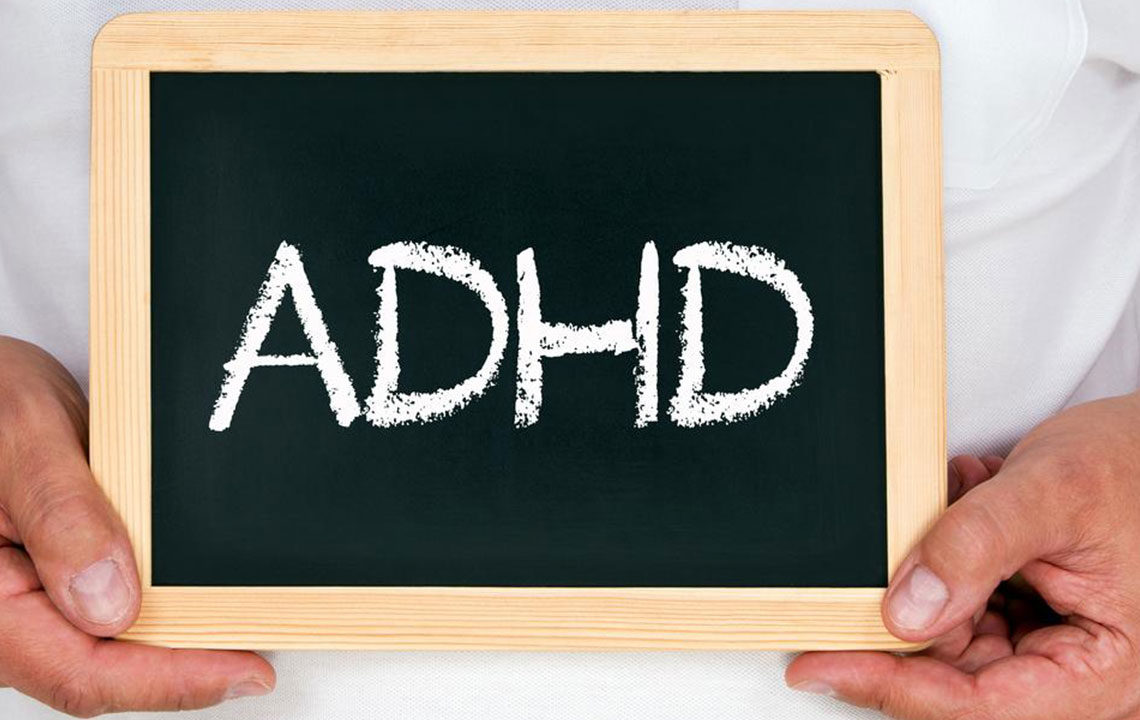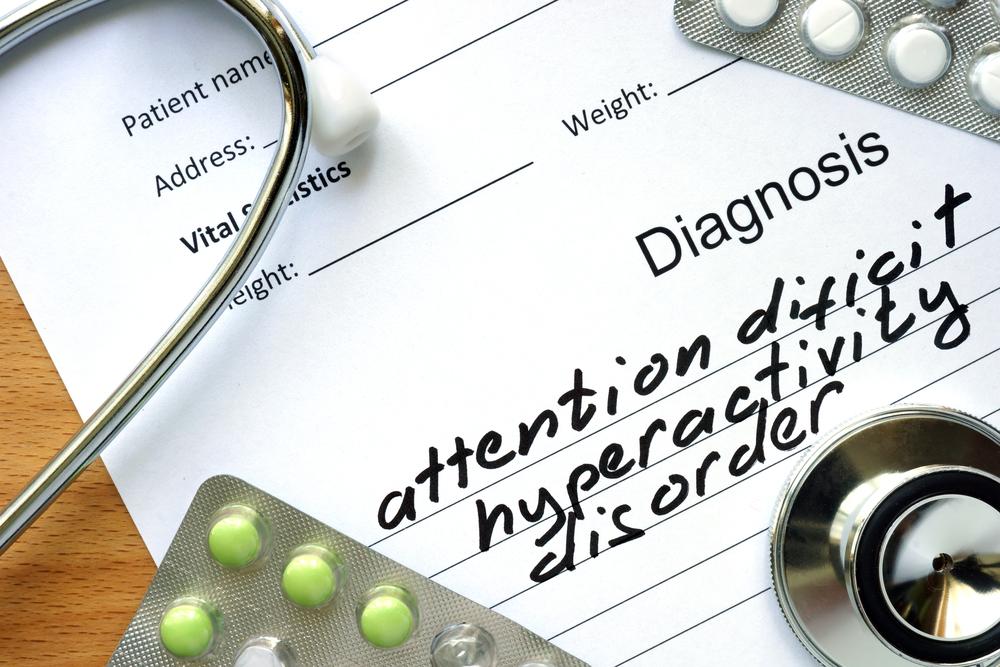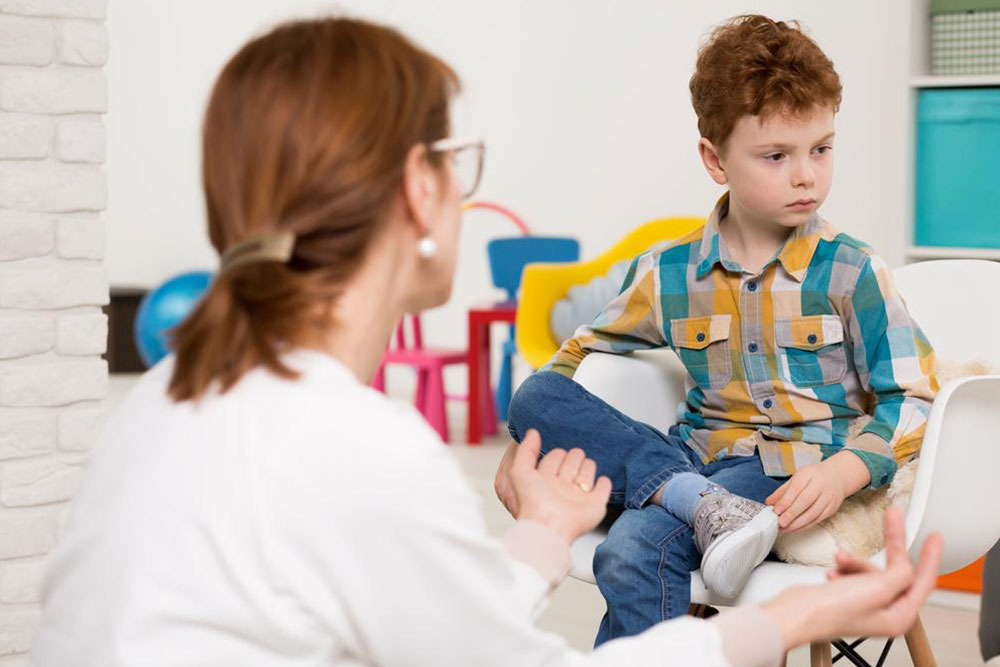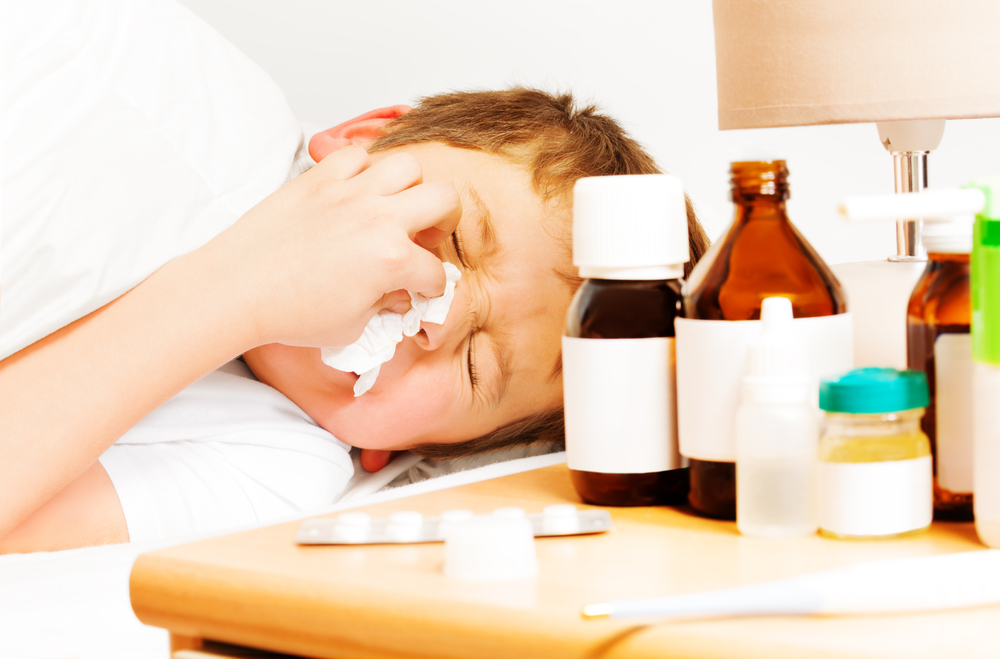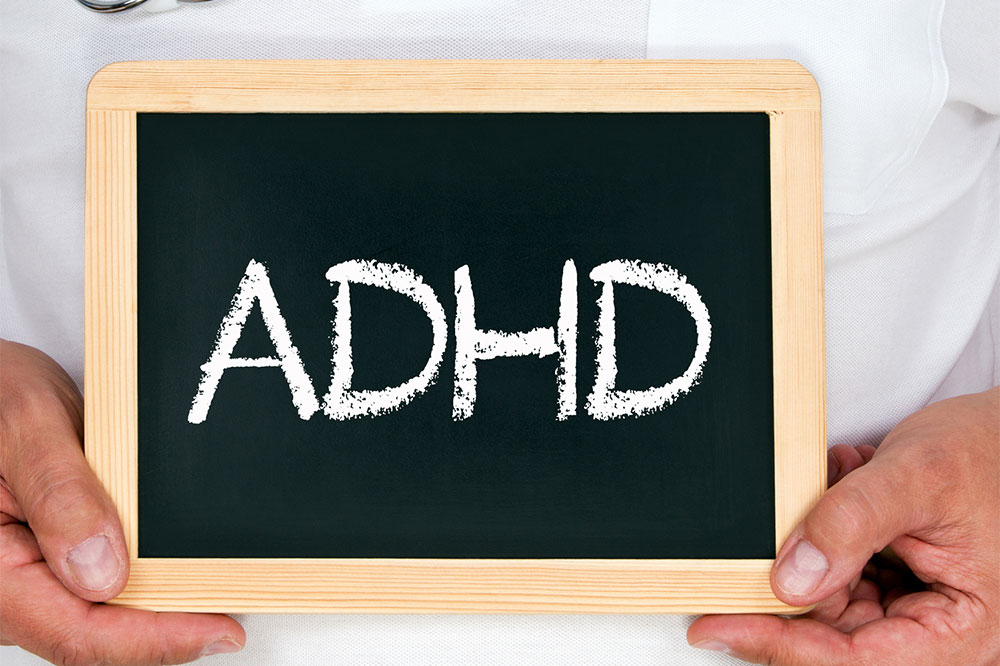Managing ADHD symptoms in children
A chronic condition, ADHD (attention-deficit/hyperactivity disorder) affects children and typically continues into adulthood. It is characterized by three groups of symptoms known as hyperactivity, lack of focus, and impulsivity. Some of the common ADHD symptoms are disorganization, making careless mistakes in simple tasks, difficulty while paying attention, forgetfulness, distraction, restlessness, being excessively talkative, fidgeting or squirming when made to sit in one place and moving around all the time.
Parenting tips for managing ADHD symptoms
ADHD can’t be cured, however, with proper medical treatment its symptoms can be managed very well.

Apart from professional assistance for ADHD, parents should also implement the following behavioral and supportive methods to motivate the child.
- Create a loving environment for your child
Every child deserves an affectionate and safe environment. However, kids with ADHD symptoms require extra care as they are extremely sensitive. Therefore, refrain only admonishing their negative actions, instead, try frequently appreciating them for their talents and positive actions. - Embrace simplicity while communicating
Often children with ADHD can get easily upset with quick or multiple commands and heaps of information. Therefore, while directing them, give them your entire attention. Moreover, make it a point to maintain eye contact, and be slow and specific about the instructions. - Discipline them
Parents must convey the difference between right and wrong, and the consequences for every action. To make this work, observe their behavioral patterns during difficult situations. Make sure that you are persistent about the aspect of reward and punishment so that, they can work on their behavior and social interactions. - Be calm
If your child gets out of control, then don’t lose your temper as they will most likely react negatively. Instead, allow them to express their emotions. When they notice your calmness, they will too regain their cool. - Maintain a regular schedule for everything
Right from meals to bedtime, follow a regular timetable. Children with ADHD can have a hard time adjusting to sudden transitions or new schedules, therefore help them realize these changes in a gentle way. Also, ensure your kids get adequate rest and sleep to avoid the aggravation of their ADHD symptoms.
